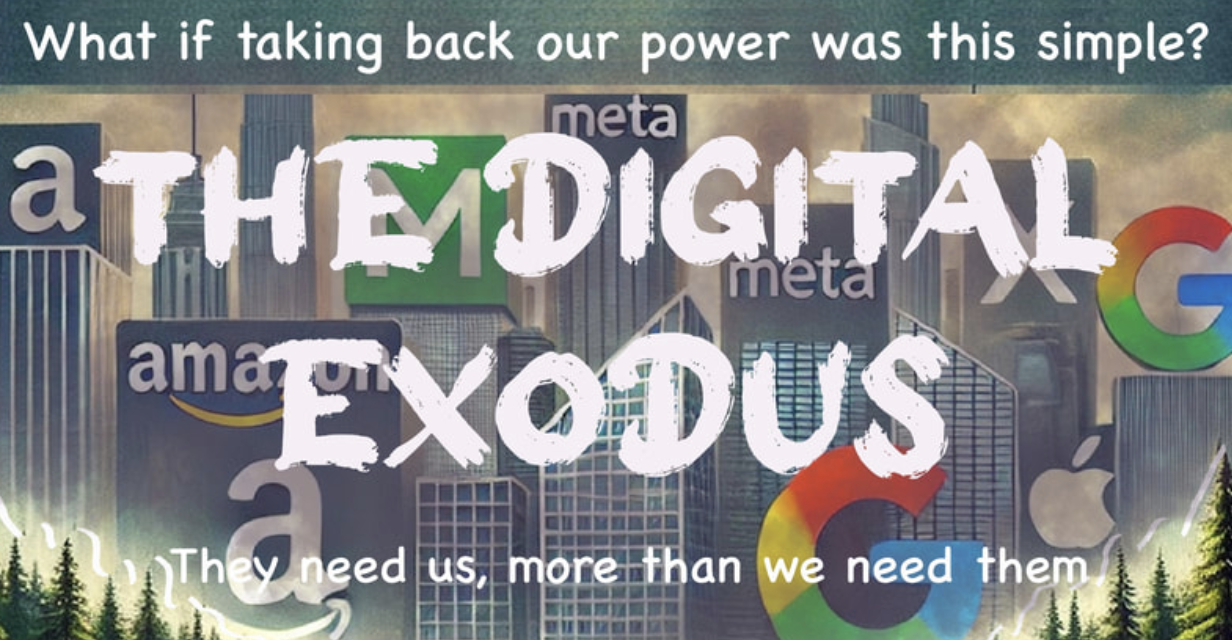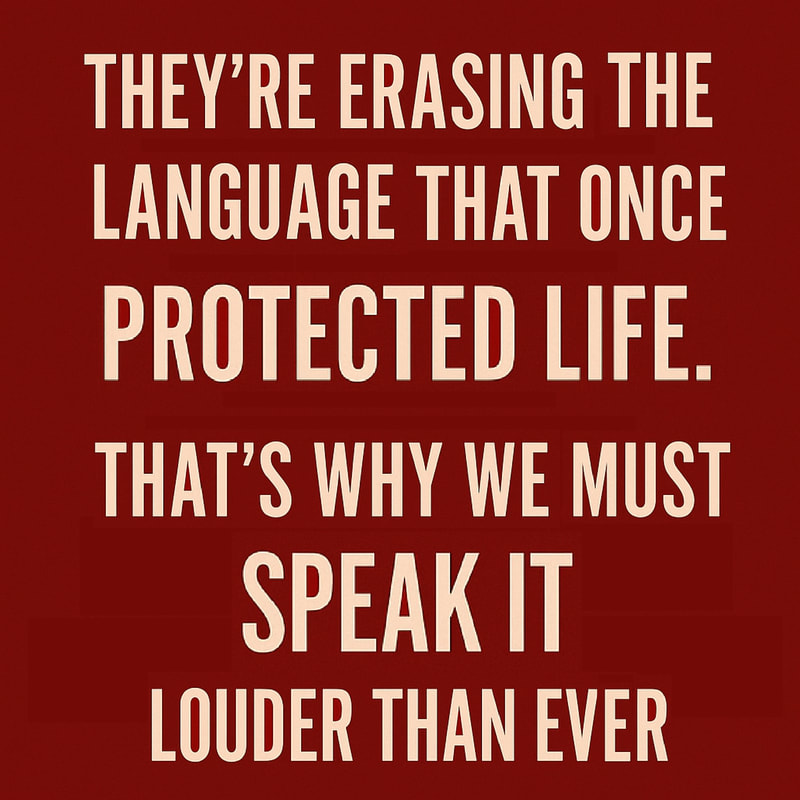|
What they are doing to the ESA matters more than people think. It’s not just about wildlife, and rolling back their protections so industry can run unfettered. It’s about the legal language that governs how we protect life. Once "harm" no longer includes indirect destruction, everything becomes deniable. What the proposed change does The administration is proposing to "rescind the definition of harm" under the Endangered Species Act, so that so that destroying an animal’s habitat no longer counts as harm—unless you specifically intended to kill them. This means, you can bulldoze a forest, poison a stream, or pave over wetlands—and claim innocence. Because “intent” is now the test. If you didn’t mean to kill the animal directly, you didn’t legally harm it — no matter the devastation left behind. It severs the reality of destruction from the reality of accountability. Why are they doing this? They're doing this for short-term profit, long-term control, and to lock in an extractive, authoritarian model before the climate collapse becomes undeniable to even the most distracted citizens. Here’s what’s really going on: 1. It’s for industry—but not just any industry. This isn’t about economic growth. It’s about extractive industries—logging, mining, oil, gas, and real estate—getting unfettered access to what little is left of public lands and ecosystems. The Endangered Species Act is one of the last legal tools that has blocked:
2. It consolidates power. If public goods like forests, water, and wildlife are “no longer protected,” they can be privatized. That’s what fascist capitalism does:
They're transferring public wealth (species, land, air) to private hands under the radar—just like they're doing with our data, our labor, and now, our ecosystems. Why Now? Because climate, economic and social collapse is coming—and they know it. Rather than change course, they’re:
They are racing ahead before the public wakes up. Because once people feel the pain—floods, blackouts, poisoned water—it’ll be too late to organize. So they’re locking the doors from the inside. Why this matters for humanity If they succeed, this redefinition won't stop with wildlife. The logic will spread — and soon:
So this is about more than conservation. It’s about erasing the language that once protected all forms life - human, animal and ecosystems alike. The ability to name harm is what allows us to:
This change sets a dangerous legal precedent: if it’s not intentional, it’s not harmful. That means:
So this is more than just policy to give industry the rights to extract from protected lands. It's a moral downgrade. And a blueprint for the broader dismantling of public protections across society. Why does it feel personal to women? Women are the protectors of life: of children, of ecosystems, of truth. And this regime is attacking:
Conclusion: This battle is not just about protecting wildlife. It’s about protecting human life, justice, and the future of all living systems. The weakening of the Endangered Species Act is a warning shot - about what happens when the language of protection is erased. If we lose the ability to define harm, we lose the ability to defend life. We must stop this — not just for the polar bears or the wolves, but for ourselves, and for every generation yet to come. What You Can Do?Step 1: Submit a public comment. The public has 25 more days to comment before it becomes much more difficult to undo. (The Deadlines is May 19, 2025 at 11:59 PM EST) Tell the government you oppose this change.
Step 2: Share this post. Help others understand what's at stake. Don't let them erase harm. Because once they do, nothing is safe. Comment Template Below is the a Public Comment Template to Oppose Redefinition of “Harm” Under the Endangered Species Act. You can edit, copy and paste it into the comment field on Proposed Rule Comment page. I am writing in strong opposition to the proposed changes to the Endangered Species Act that would narrow the definition of “harm” to exclude habitat destruction. Why Comment if They Are Going to Pass it Anyways Because public comments are evidence. They create a legal paper trail for:
🧭 So think of it this way: You're not appealing to the administration’s conscience. You’re:
And you’re saying: “We saw this. We did not consent. We will not forget.”
1 Comment
Mary Alvis
5/17/2025 08:52:34 am
We all need to do whatever we can to sustain and improve all aspects of our land, the air, oceans, lakes, rivers. Save the environment for generations to come.
Reply
Leave a Reply. |
 Download the Exodus Guidebook Download the Exodus Guidebook
AboutReflections of a country out of control, and how we will take our power back.
AuthorIanthe Greene, Research Analyst, Editor, Creative Writer, Visual Artist Archives
May 2025
Categories |


 RSS Feed
RSS Feed